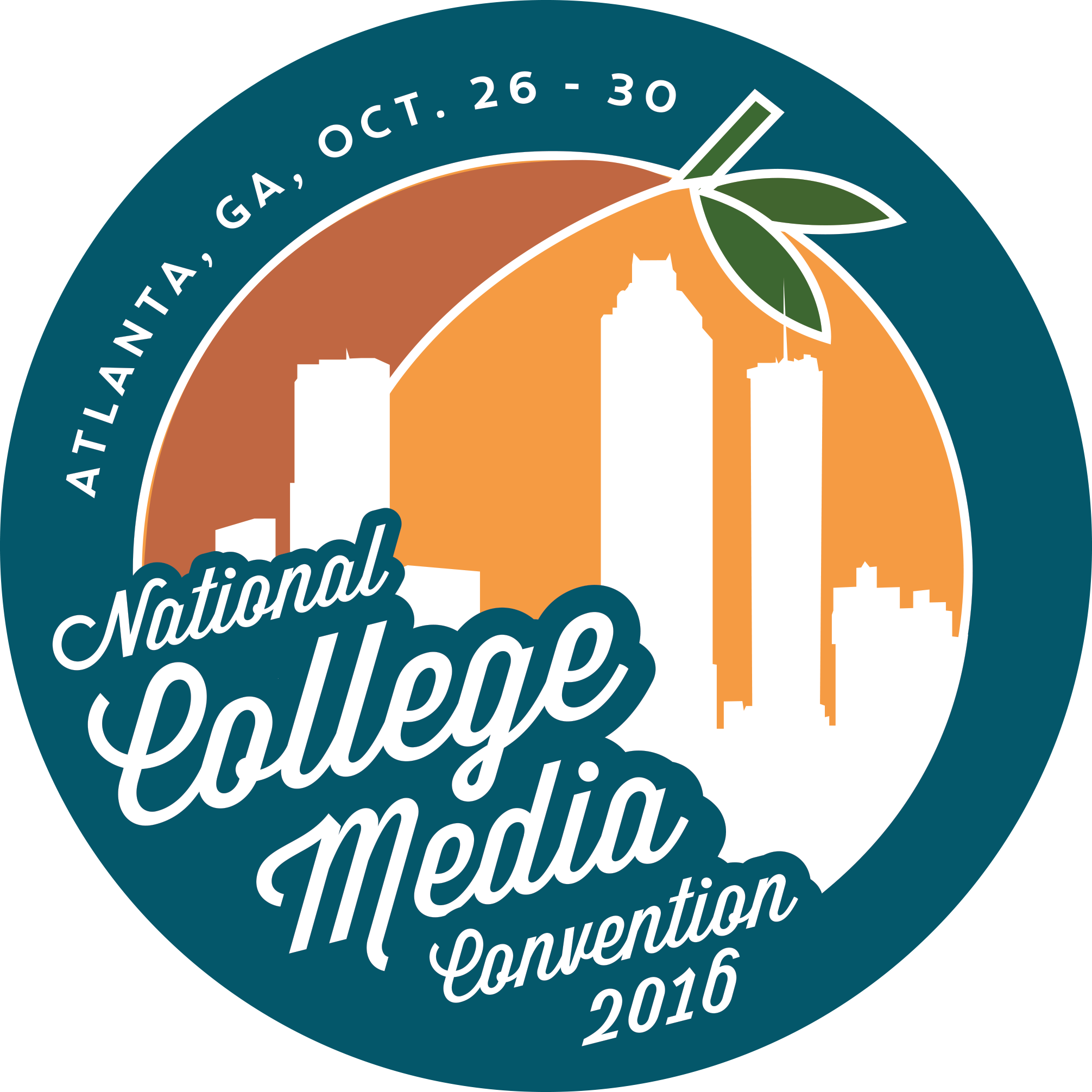How to Conduct Effective Research for Student Media Projects
In today's dynamic media landscape, research forms the bedrock of impactful student media projects. Whether you're a student, educator, media advisor, or professional, effective research is the cornerstone of creating compelling and insightful content. This article unravels the art of conducting research for student media projects, equipping you with strategies to elevate your projects to new heights.
When it comes to crafting a well-rounded student media project, learning how to write a synopsis for an article is a crucial skill. A concise and engaging synopsis not only captures the essence of your content but also entices your audience to delve deeper into your work. By mastering this skill, you can effectively communicate the value of your project and draw readers in with a compelling overview.
In today's dynamic media landscape, research forms the bedrock of impactful student media projects. Whether you're a student, educator, media advisor, or professional, effective research is the cornerstone of creating compelling and insightful content. This article unravels the art of conducting research for student media projects, equipping you with strategies to elevate your projects to new heights.
Navigating the Research Process
Before embarking on any research journey, it's essential to define clear objectives. Determine what you aim to achieve with your media project and formulate research goals and questions that align with your objectives. This clarity will guide your entire research process.
Selecting the right research methods is equally crucial. Depending on your project's nature, you might opt for surveys to gather quantitative data, interviews to capture qualitative insights, or content analysis to dissect media narratives. Each method offers a unique lens through which you can explore your topic.
Ethical considerations are paramount when conducting research. Always prioritize the privacy and well-being of your participants. Obtain informed consent from those you interview or survey, ensuring they understand the purpose and potential outcomes of your research. Ethical research practices build trust and uphold the integrity of your work.
Sources and Resources for Comprehensive Research
Diverse source types enrich the depth of your research. Tap into primary sources for original and firsthand information, secondary sources for expert interpretations, and tertiary sources for overarching context. This blend of sources provides a well-rounded perspective on your topic.
Digital libraries and online archives have revolutionized research accessibility. These virtual treasure troves house a wealth of reliable information, from historical documents to contemporary articles. Unearth valuable insights from the comfort of your digital workspace.
Analyzing and Utilizing Research Findings
Effective data analysis transforms raw information into meaningful insights. Quantitative approaches allow you to quantify patterns and trends, while qualitative approaches delve into the nuances of human experiences. Utilize data analysis tools to dissect your findings and derive conclusions that resonate.
Extracting key insights is the heart of research utilization. Identify recurring themes, unexpected patterns, or unique perspectives that can add depth to your media project. These insights infuse your work with authenticity and substance.
Elevating Student Media Projects Through Robust Research Practices
In conclusion, mastering research techniques is a gateway to producing impactful student media projects. Whether you're crafting a documentary, designing a multimedia presentation, or writing an investigative article, thorough research enhances the credibility and resonance of your work. By defining clear objectives, selecting appropriate methods, tapping into diverse sources, and analyzing findings effectively, you empower yourself to create media content that informs, engages, and leaves a lasting impression.
